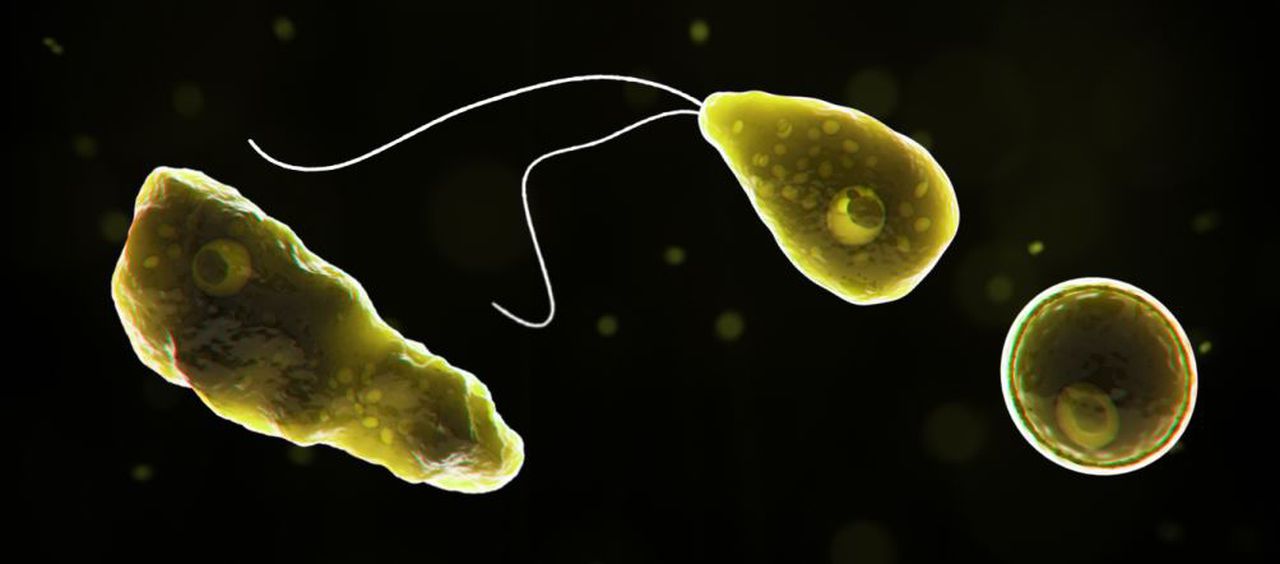Florida warns about tap water after man dies from ‘brain-eating’ amoeba
Health officials in Florida are giving away nasal clips after a man died from a “brain-eating” amoeba believed to be contracted through tap water.
Department of Health in Charlotte County, Florida, the Florida Department of Environmental Protection and public utilities are investigating the death of the unidentified man. It’s believed he contracted the Naegleria fowleri infection after using tap water to rinse his sinuses.
READ MORE: Norovirus symptoms: Do you think you have the ‘stomach flu?’
Naegleria fowleri is a microscopic single-celled living organism that causes an infection after contaminated water enters the body through the nose. Once there, it can cause a brain infection known as primary amebic meningoencephalitis, or PAM, which destroys brain tissue and usually results in death. Naegleria fowleri is most commonly found during warmer months in waters like lakes, rivers, hot springs and swimming pools that are not properly maintained.
Of the 153 people known to be infected in the U.S. from 1962-2021, only four have lived.
The Centers for Disease Control told FOX 4 Fort Myers this is the first case where a person in Florida has been infected through tap water. It is also the first case in the U.S. to happen during a winter month.
Symptoms include headache, fever, nausea, disorientation, vomiting, stiff neck, seizures, loss of balance and hallucinations. Anyone experiencing these symptoms is urged to see medical attention immediately.
The infections are rare and you cannot contract it by drinking tap water. But, as the investigation continues, people are urged to keep water from going up their nose, either through cleansing their sinuses or washing their face.
Here are tips for protecting yourself from an infection:
- When making sinus rinse solutions, use only distilled or sterile water. Tap water should be boiled for at least 1 minute and cooled before sinus rinsing.
- Do not allow water to go up your nose or sniff water into your nose when bathing, showering, washing your face, or swimming in small hard plastic/blow-up pools.
- Do not jump into or put your head under bathing water (bathtubs, small hard plastic/blow-up pools) – walk or lower yourself in.
- Do not allow children to play unsupervised with hoses or sprinklers, as they may accidentally squirt water up their nose. Avoid slip-n-slides or other activities where it is difficult to prevent water going up the nose.
- Keep small hard plastic or blow-up pools clean by emptying, scrubbing, and allowing them to dry after each use.
- Keep your swimming pool adequately disinfected before and during use.
